What Is A Piggyback Mortgage and Is It Right For You?
Good Morning!
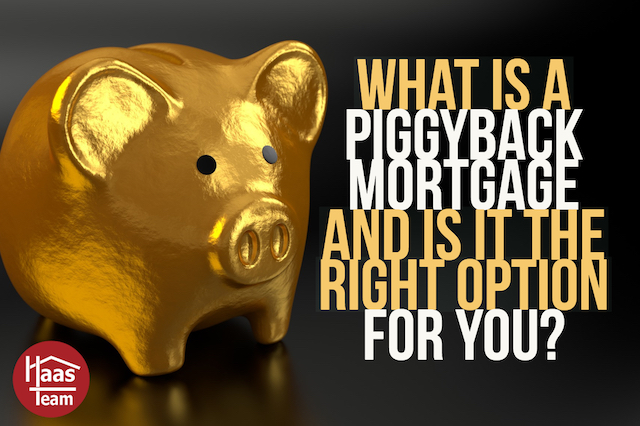 A loan program that was popular several years ago is making a comeback and many lenders are now offering options for a mortgage loan program called "the Piggyback mortgage".
A loan program that was popular several years ago is making a comeback and many lenders are now offering options for a mortgage loan program called "the Piggyback mortgage".
The following will give you some insight into just what a Piggyback mortgage is and also it will give you some information to help you decide if a "Piggyback" loan is a good option for you, if you are searching for a home loan.
Definition of a Piggyback Mortgage
Also called a “purchase money second mortgage,” a piggyback loan is used by homebuyers with less than 20 percent down to avoid paying for private mortgage insurance (PMI).
Types of Packages
Typical packages might be called 80-10-10 (80 percent first mortgage, 10 percent second mortgage, and 10 percent down payment from the buyer), 80-15-5 (a 15 percent second mortgage, and a five percent down payment) or even an 80-20 (80 percent first mortgage, 20 percent second mortgage, and no down payment from the buyer).
Buyers considering this financing should compare the costs of a second mortgage (they do have higher interest rates than first mortgages) with the cost of a bigger first mortgage plus mortgage insurance. They should compare the after tax costs, because borrowers with higher incomes may not be able to deduct mortgage insurance, but they may still be able to write off mortgage interest.
Piggyback Loan Explained
Essentially, a piggyback loan helps homebuyers who don't have the traditional 20 percent down payment when applying for a mortgage.
A piggyback loan occurs when a borrower takes out two loans simultaneously: one for 80 percent of a home's value, and the other to make up for whatever cash is lacking to make up a 20 percent down payment. This is used as an alternative to private mortgage insurance. A piggyback loan is also known as a second trust loan.
The most common type of piggyback loan is an 80/10/10 where a first mortgage is taken out for 80 percent of the home’s value, a down payment of 10 percent is made and another 10 percent is financed in a second trust loan at a higher interest rate. In some cases, you may even qualify for a piggyback loan with as little as a 5 percent down payment (known as an 80/15/5).
Many lenders will finance loans with down payments of less than 20 percent, but you'll pay a price. Usually, the lender insists you buy private mortgage insurance (PMI) which guarantees that the outstanding balance of your loan will be paid off if you default. You will either pay a lump sum each year for PMI or add the cost to your monthly mortgage payments.
Piggyback loans eliminate the need for PMI. You combine this loan with your down payment to reach the 20 percent down needed for a conventional mortgage. This can significantly lower the interest rate of your mortgage.
If you get a piggyback loan, you will close on it the same time as you close on the mortgage. You will most likely have to pay closing costs, which will require additional upfront cash.
You will probably also have to make two loan payments each month — one for your mortgage and one for the piggyback loan. The interest rate on the piggyback loan will probably be higher. But, the monthly payments of both loans are often still less than they would be if you were paying PMI.
Another benefit of a piggyback loan is that the interest may be tax-deductible, potentially saving you even more money. Check with a tax adviser on how a piggyback loan would affect your tax situation.
Have an awesome week!
THIS WEEK'S HOT HOME LISTING!
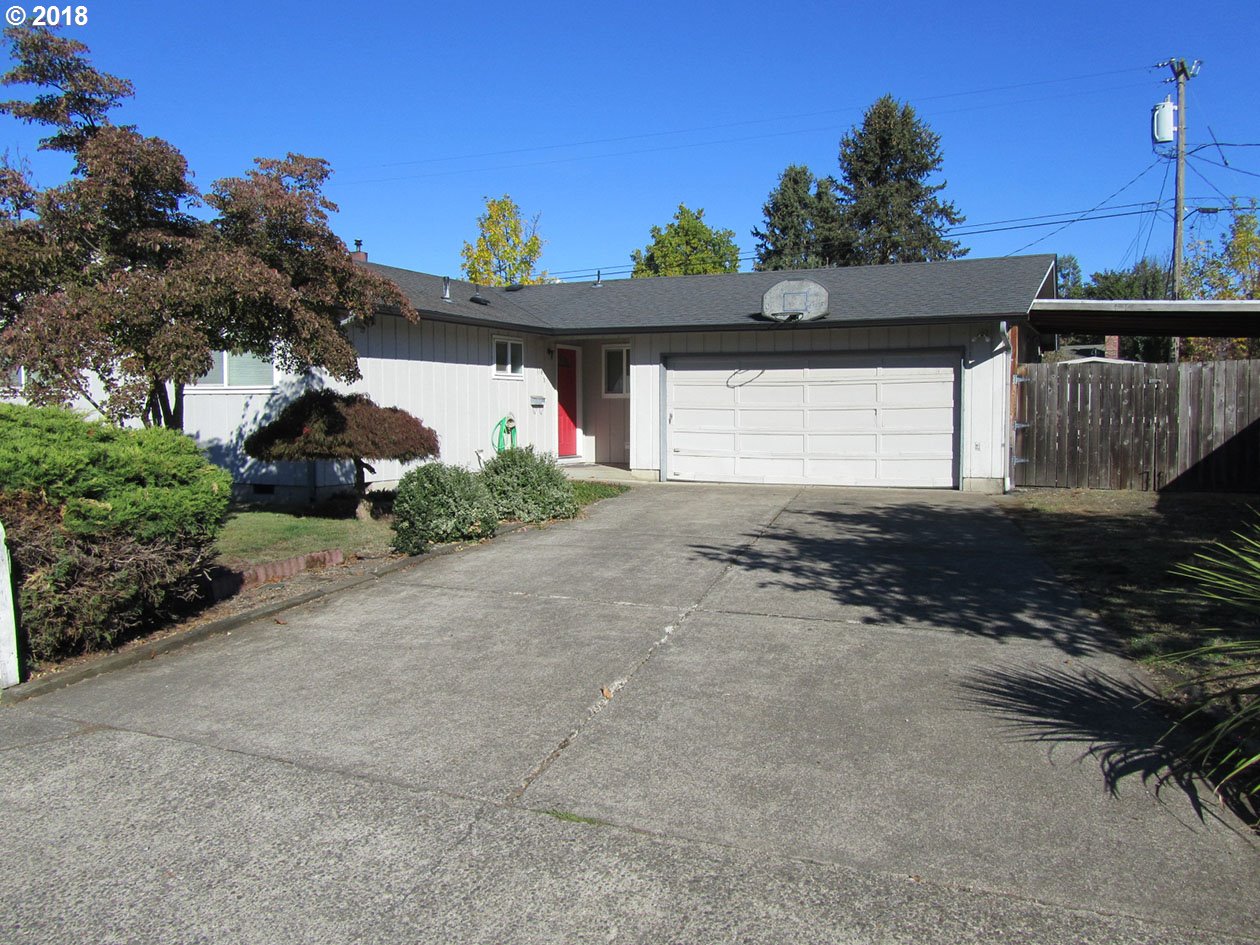 176 V Street
176 V Street
Price: $225,000 Beds: 3 Baths: 1 Sq Ft: 1,011
Lovely Hayden Bridge home centrally located! Pride of ownership shows. Step-down living rm w/ pellet stove. Kitchen opens to dining area w/ sliding door. Combination mud/pantry/laundry rm. Workbench in garage, large covered deck w/ hot tub...View this property>>


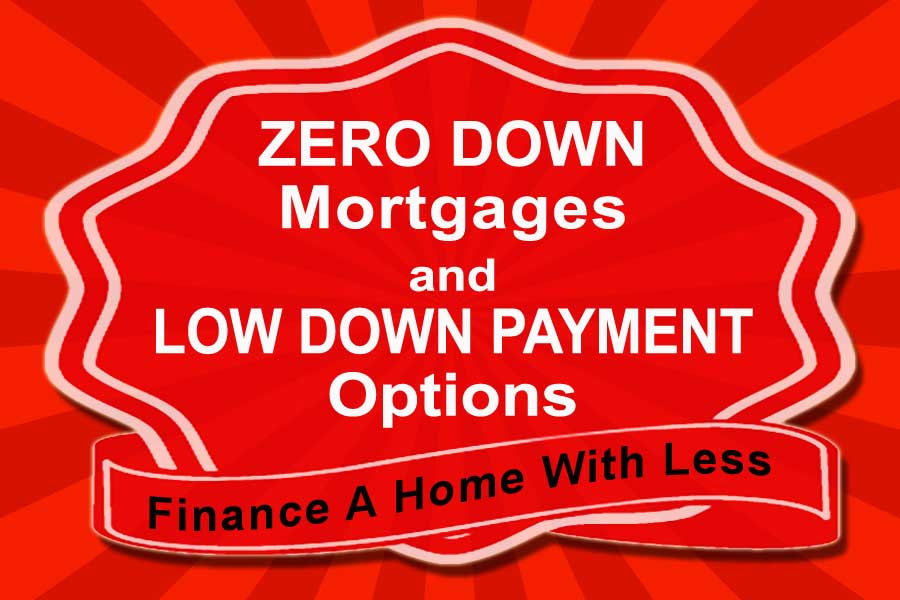 I am often asked about home mortgages and what home loans are the best way to go. There are many options out there today and some options are certainly better than others depending on your situation. The following article is from "Realty Times" and it talks about the differences between loans with low down payments and those with higher downs.
I am often asked about home mortgages and what home loans are the best way to go. There are many options out there today and some options are certainly better than others depending on your situation. The following article is from "Realty Times" and it talks about the differences between loans with low down payments and those with higher downs. 
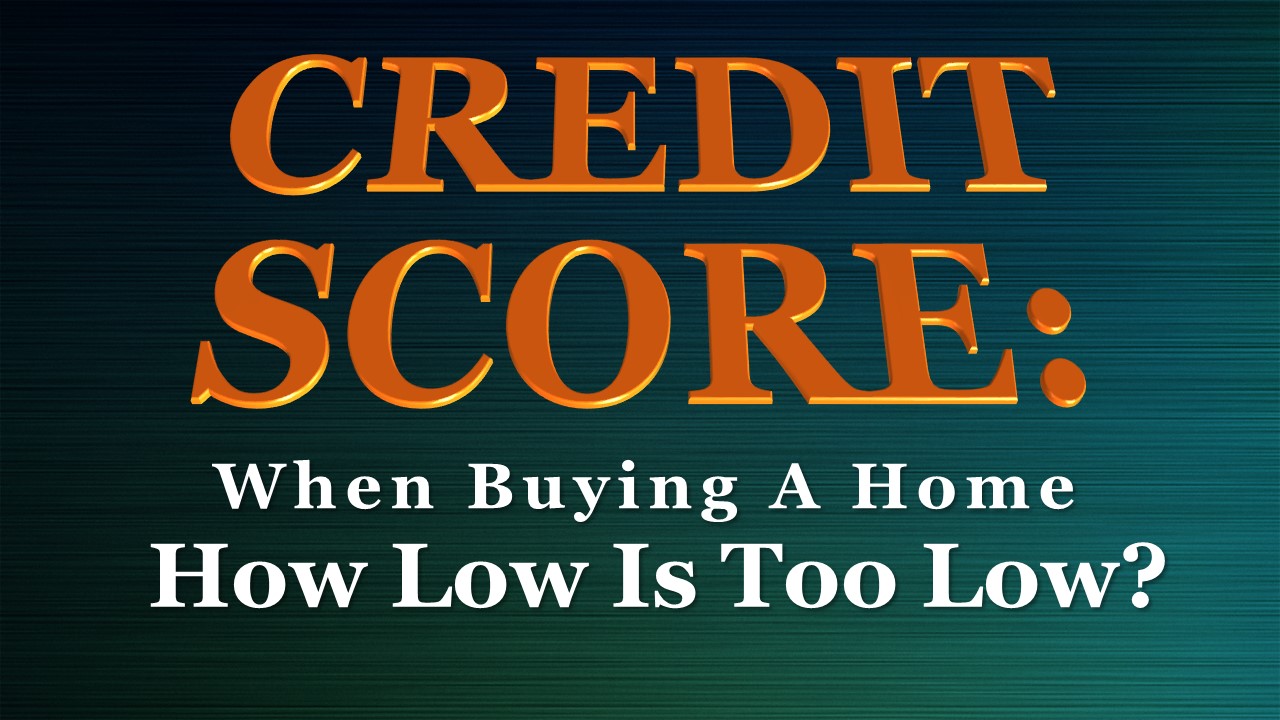 Frequently, I get questions from would-be homebuyers in regards to credit scores and home purchases. There are requirements for any home loan on specific credit scores needed to obtain a loan. The following is a great article from "Realty Times" that explains the credit score process for home financing.
Frequently, I get questions from would-be homebuyers in regards to credit scores and home purchases. There are requirements for any home loan on specific credit scores needed to obtain a loan. The following is a great article from "Realty Times" that explains the credit score process for home financing.
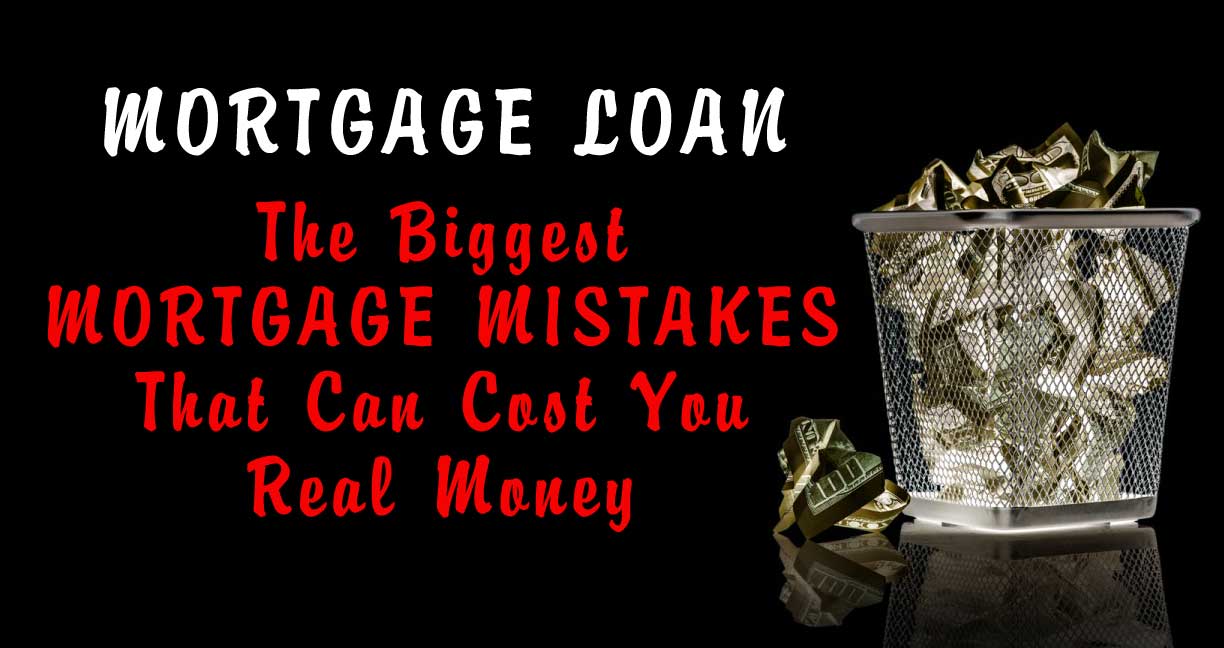
 184 75th St
184 75th St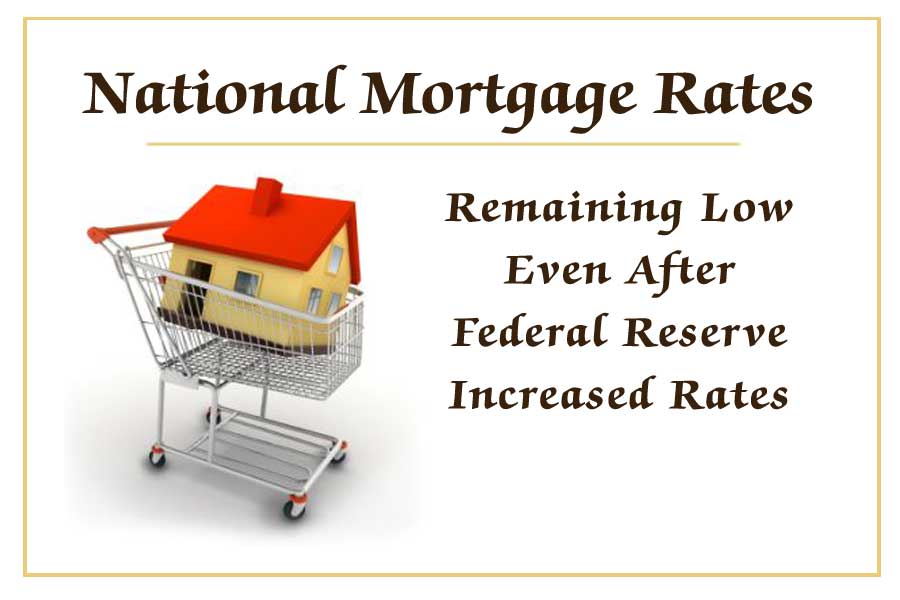 The Federal Reserve recently raised interest rates, U.S. stocks are tumbling and new worries about the Chinese economy seem to emerge daily. So go ahead and buy that house you’ve been looking at.
The Federal Reserve recently raised interest rates, U.S. stocks are tumbling and new worries about the Chinese economy seem to emerge daily. So go ahead and buy that house you’ve been looking at. 3759 Westleigh St
3759 Westleigh St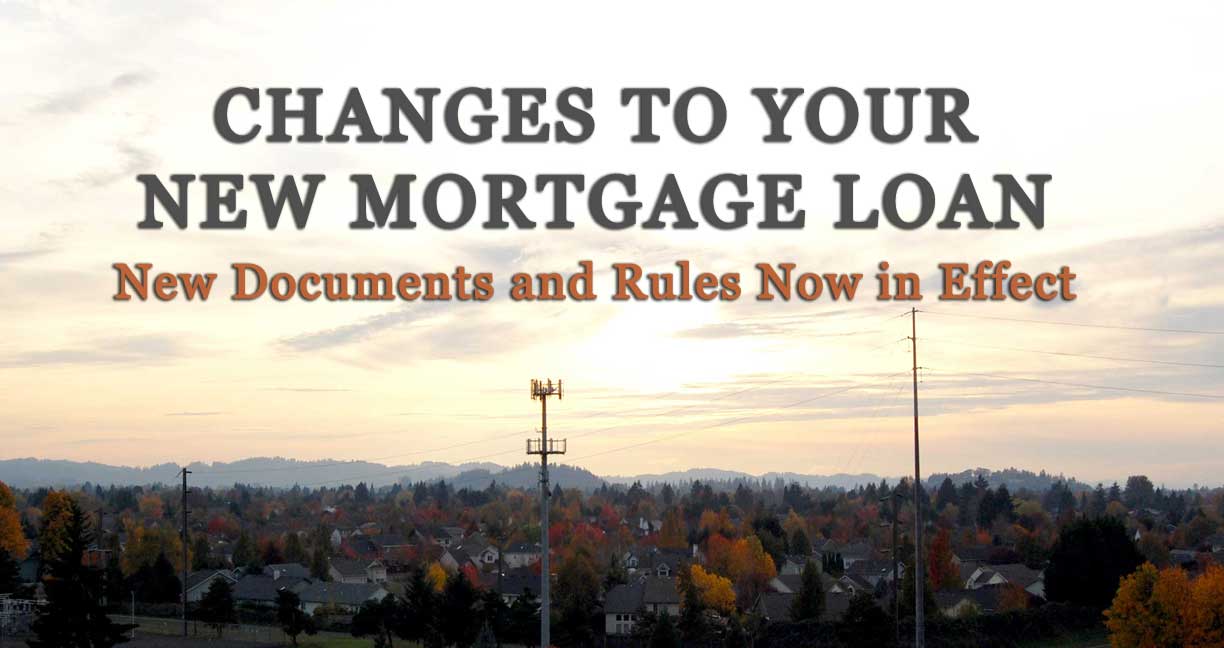 The Know Before You Owe disclosure form issued by The Consumer Financial Protection Bureau will go into effect on October 3, 2015. The rule provides for easier-to-use mortgage disclosure forms that clearly lay out the terms of a mortgage for a homebuyer.
The Know Before You Owe disclosure form issued by The Consumer Financial Protection Bureau will go into effect on October 3, 2015. The rule provides for easier-to-use mortgage disclosure forms that clearly lay out the terms of a mortgage for a homebuyer.



